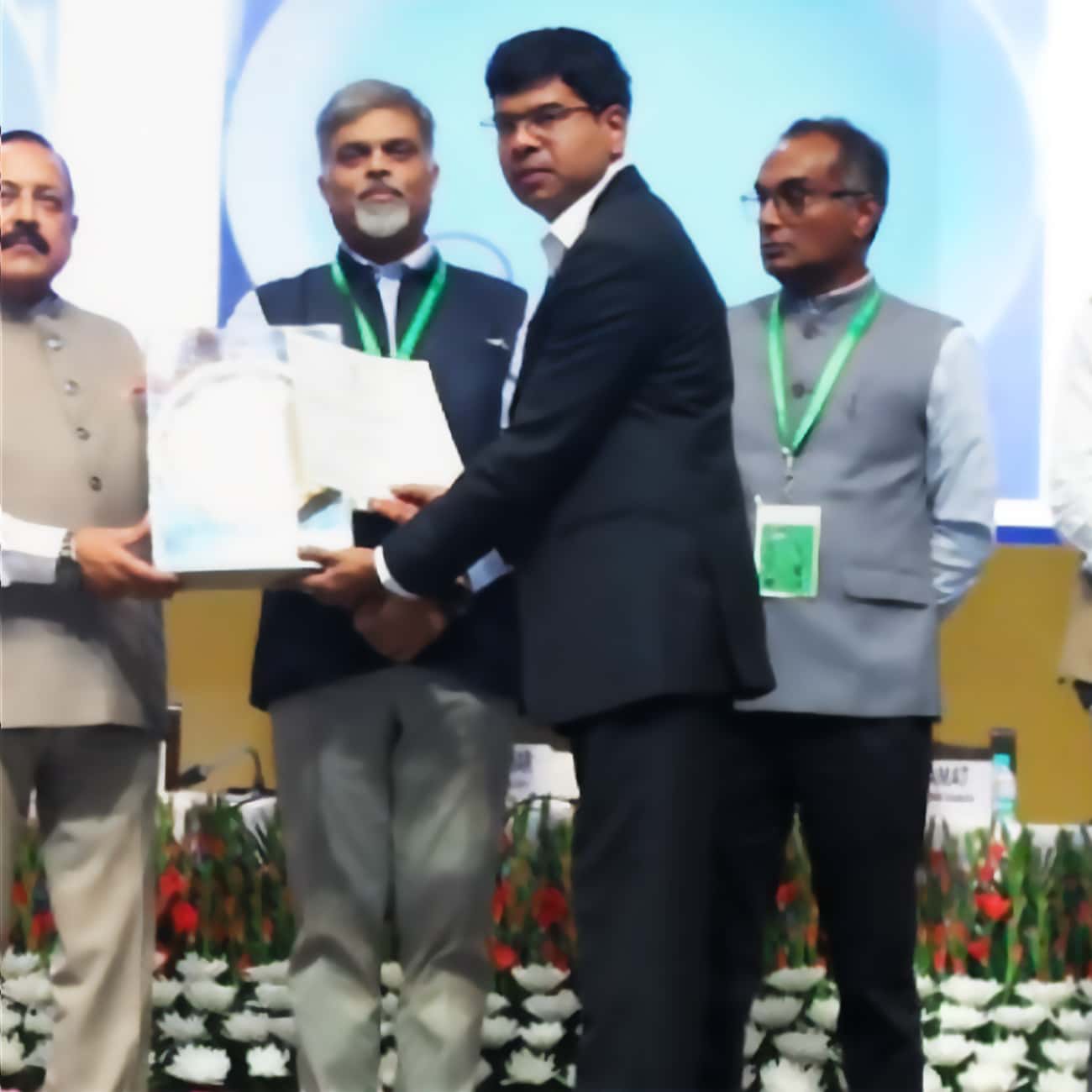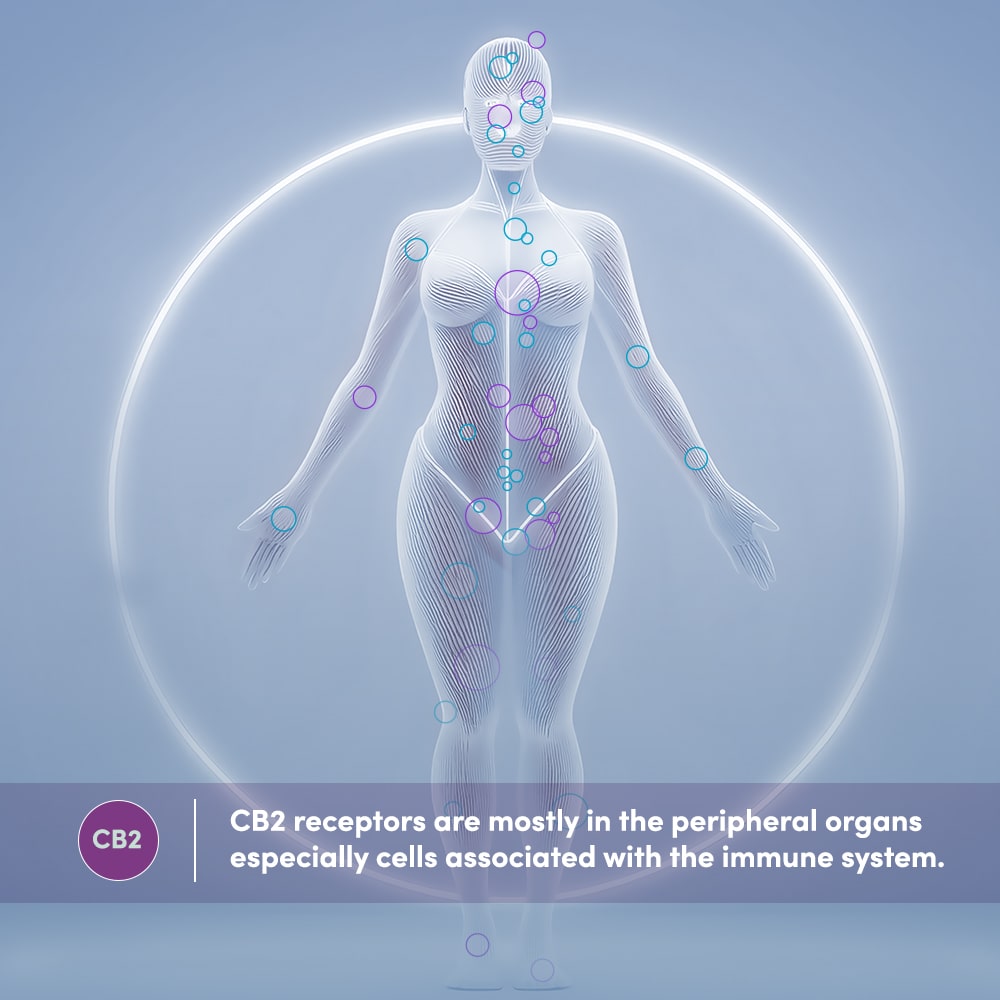
Live on June 30 at 11: 00 AM ET

Related Posts

Genetic Toxicity Evaluation of Melatonin in the Bacterial Reverse Mutation Assay
We are presenting a poster named “Genetic Toxicity Evaluation of Melatonin in the Bacterial Reverse Mutation Assay” at The Genetic Toxicology Association (GTA) Meeting 2025 held at the Clayton Hall

A common but lesser-known relation between two complex neurological conditions

Key Insights into Pharmacokinetics: How Drugs “Know Where to Act and Their Journey Through the Body”
By: Diego A. Rodríguez Soacha BPharm, MSc, Dr. rer. Nat. Senior Medicinal Chemist The journey of drugs within the body underscores pharmacokinetics as a cornerstone of effective drug development. By

By: Saadia Shahnawaz, MD Medical Director Research has shown a complex interaction between the Endocannabinoid System (ECS) and the immune system, emphasizing the ECS’s role in regulating immune responses and

Raising the Voice: A Comment on Race and Ethnic Disparities in Alzheimer’s Disease Clinical Research
Alzheimer’s Disease clinical research has faced a significant challenge for a long time in achieving diverse racial or ethnic representation in clinical trials. Many of these issues are rooted in
Subscribe to get our latest content by email.